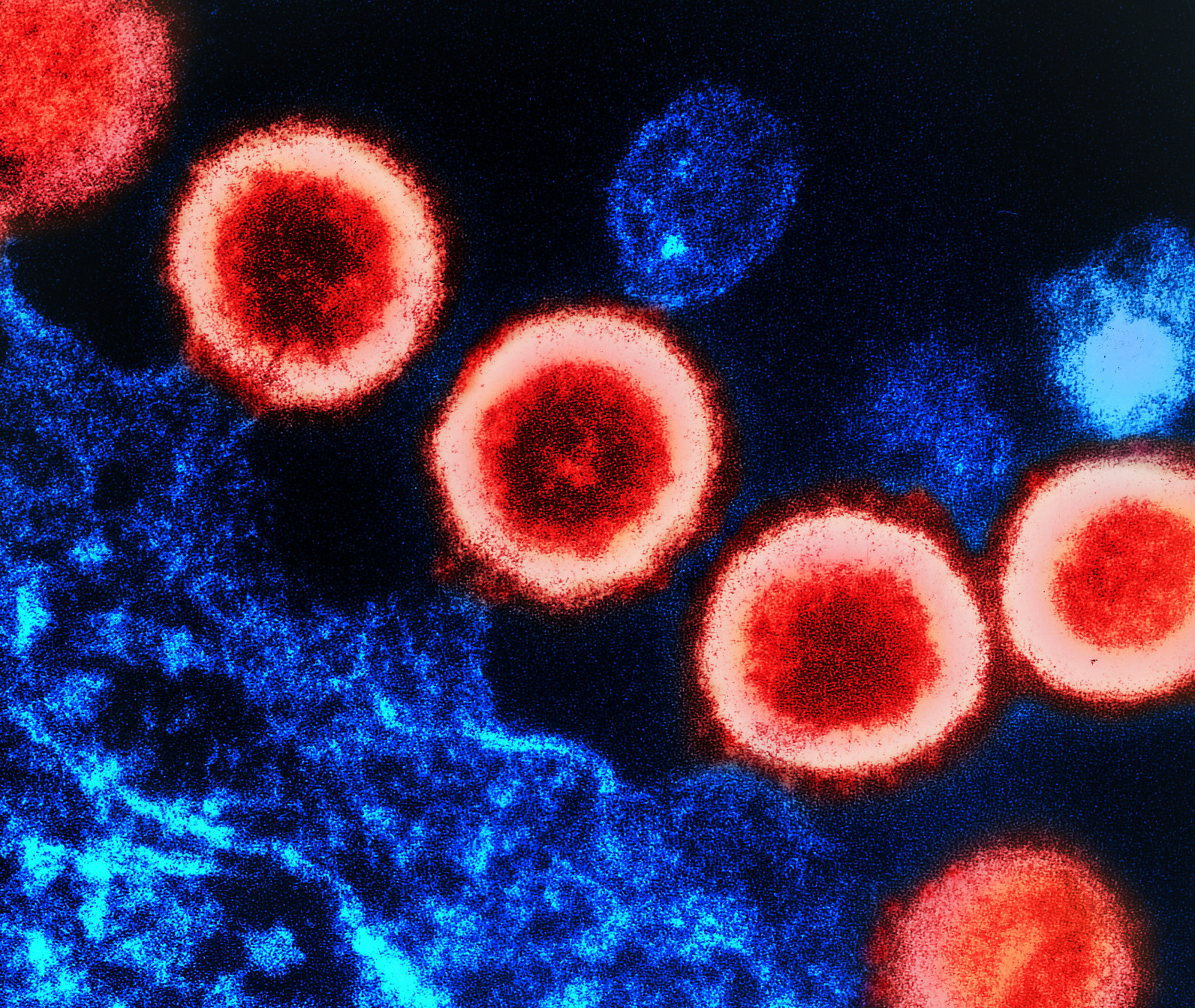Experimental vaccine produces HIV antibodies in 97% of people in small study
A two-dose HIV vaccine generated antibodies to the virus in 35 of 36 people (97%) without serious side effects. O early stage test it was designed to demonstrate the safety and proof of concept of a relatively new approach to HIV vaccination. Although it has been shown to generate antibodies, it is still unclear whether the vaccine fully protects against HIV. Based on the antibody levels generated by the two-dose regimen, it is expected that booster doses will be required.
Developing an HIV vaccine is especially difficult because the virus rapidly mutates into new strains, which evade immunity somewhat. For this reason, many groups of researchers are trying to develop vaccines that stimulate a type of immune cell called B cells to generate so-called broadly neutralizing antibodies. These work against parts of the HIV virus that vary little between strains.
During any viral infection, only a fraction of virus-specific B cells can produce broadly neutralizing antibodies. In the case of HIV, incorporating viral proteins into a vaccine can activate this subset of B cells.
Scientists at the University of Washington in Seattle recruited 48 HIV-negative volunteers to test a vaccine that stimulates B cells to produce broadly neutralizing anti-HIV antibodies, based on laboratory and animal studies. The vaccine contains part of a protein found on the surface of HIV, called gp120, which helps the virus enter cells.
After the injections, all participants provided regular blood samples for 16 weeks. Of those who received the low or high doses of the vaccine, 97% had broadly neutralizing anti-HIV antibodies at the end of the study. Antibody levels were similar between participants who received the high or low doses of the vaccine, but were slightly higher among those who received the high doses.
Among the 12 participants who received saline, two had antibodies to HIV at the end of the study. It is not entirely clear why this occurred. These participants may have some natural immunity to the virus. Among all participants, including those who received the saline solution, 98% experienced mild side effects including fatigue, headaches and injection site tenderness.
The refinement of this method could help in the development of vaccines against other rapidly changing viruses, such as influenza and dengue.
REFERENCE
Vaccination induces broadly neutralizing HIV antibody precursors in humans
